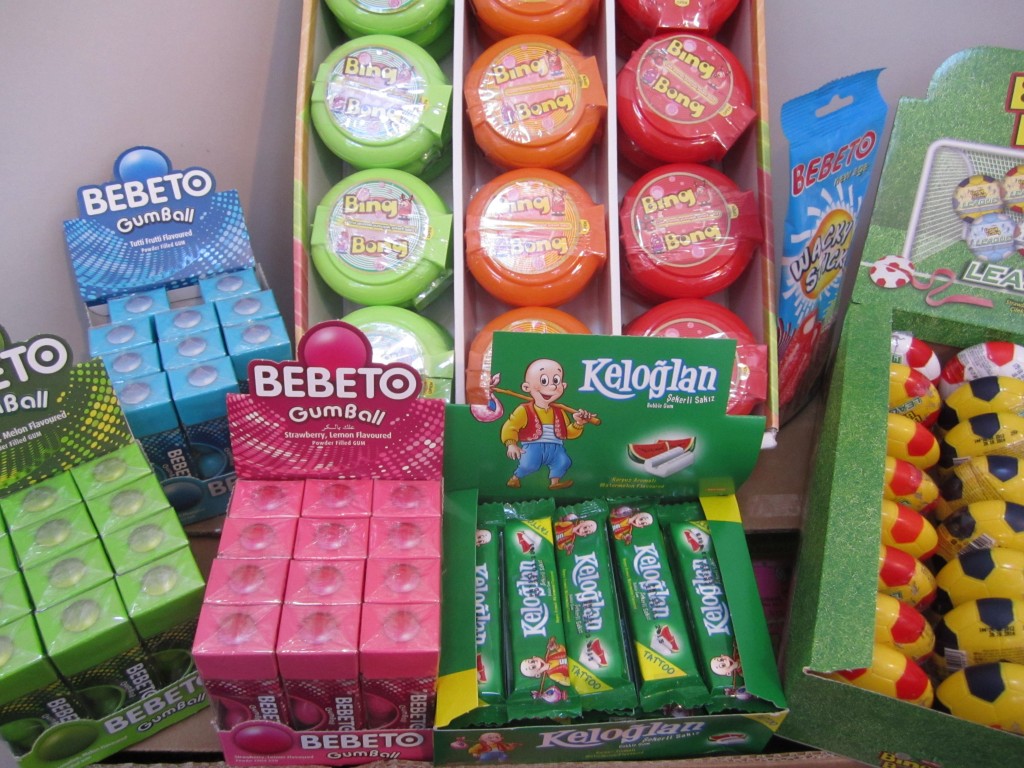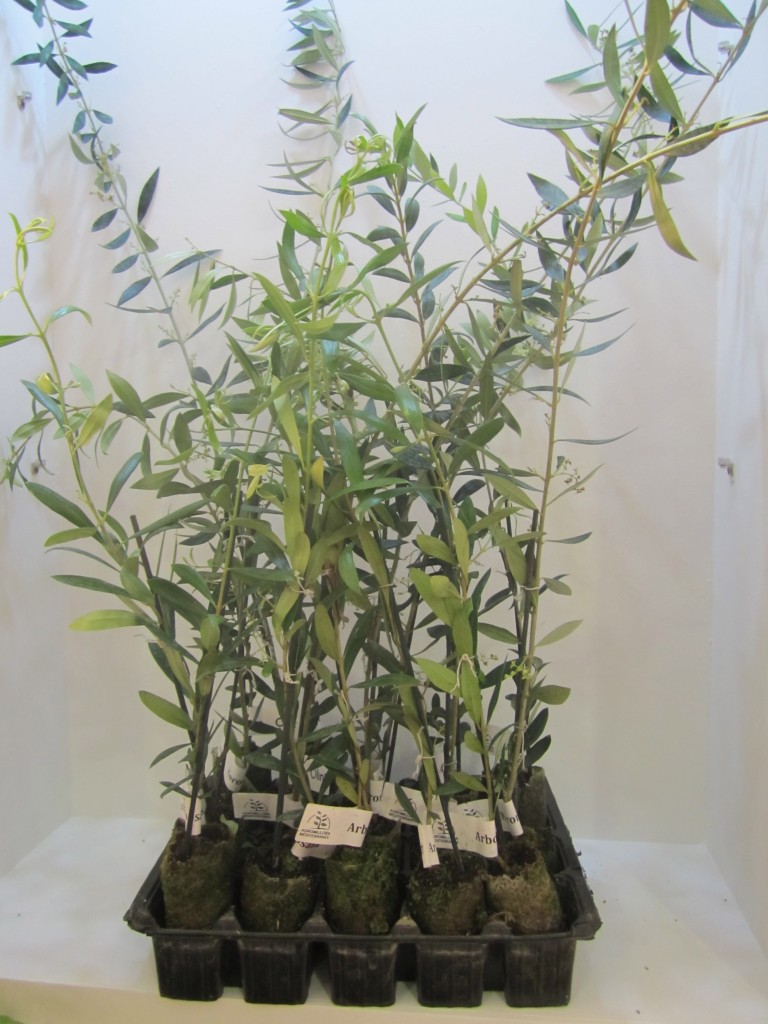By Reem Tombokti and Seraj Essul.

Tripoli, 8 May 2013:
This year’s Agro-Libya Food and Fishing Exhibition at Tripoli International Fairground is now . . .[restrict]fully underway, after half the exhibitors’ stock was delayed by Libyan customs.
Libya’s sixth annual food, fishing and agriculture fair features a large number of Turkish companies. Offering a tantalising array of food samples, many of these firms are hoping to increase their exports to Libya while others are exploring a new market and looking for distribution partners.
Kervan, an Istanbul-based confectionary company selling Bebeto sweets, was a market leader in Libya until the revolution saw imports drop by 60 percent.
“Step by step we are now increasing shipments,” Atilla Pavletiç from Kervan told the Libya Herald, “but the system is very changeable in the country, and structures are not yet established.”
Kervan’s best-seller in Libya is Bebeto gum-balls, Pavletiç said, and three containers full of the flavoured chewing gum have just arrived in the country.
Turkish company Gencerler, which exports canned and tinned foods as well as bottled oil, had an array of delicious samples which attracted much attention from hungry visitors. Many wanted to buy products on the spot, especially the stuffed vine leaves, but company representative Senol Aslan had to fend off these requests, explaining that they were looking for wholesale customers.
He told the Libya Herald that the samples were disappearing so fast, he was afraid their stocks might run out. “We are here just trying to get to know the Libyan market,” he said.

Companies selling a range of agricultural and industrial supplies are also represented. Tanis is a Turkish company that makes and installs equipment for mills, including giant industrial sieves.
Company representative Ahmet Nebih Yöney said Tanis had been working in Libya since 2012 and has a big project to install equipment at a new mill at Azizia. Currently under construction, once finished the mill will have a capacity of 500 tonnes.
Libyan Agricultural Chemicals, the official distributor for pesticides made by French company Dow Agrogcinces and Belgium’s Agriphar, said that business was very slow.
“Many agricultural projects have stopped at the moment,” Mamdoh Abu Zaid told the Libya Herald, “and the situation is not improving.”
This was not the only complaint voiced. Several export companies bemoaned the customs regulations in Libya which, they said, make exporting to food to Libya a particular challenge.
Agro-Libya runs until Thursday 9 May, so there are two more days to indulge the tastebuds by sampling international cuisine, as well as finding out more about Libya’s agriculture and fisheries sectors. [/restrict]







